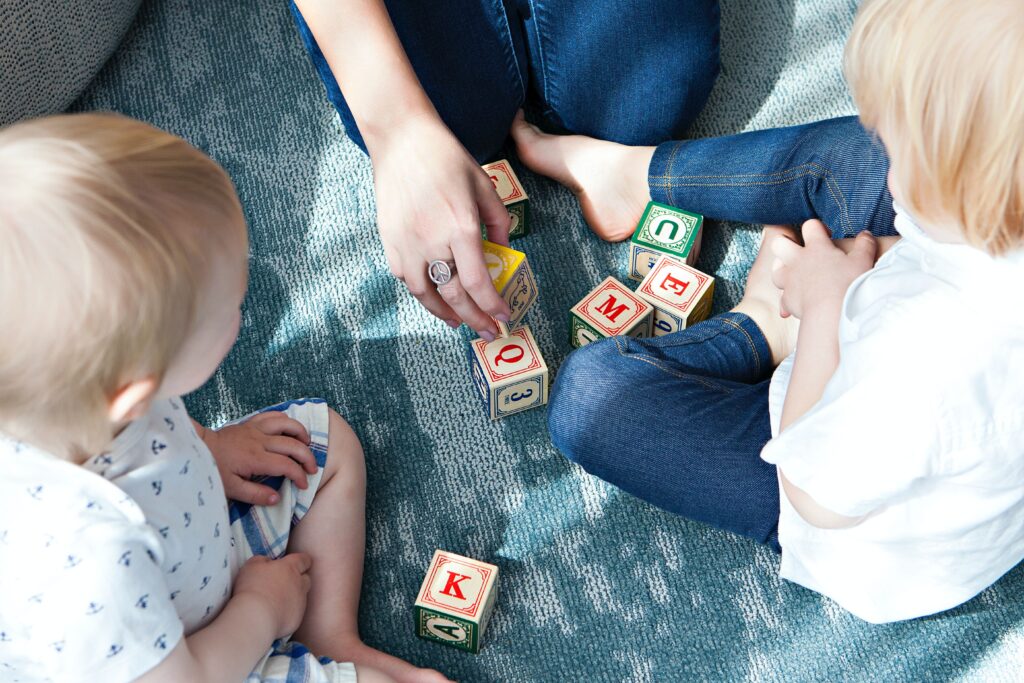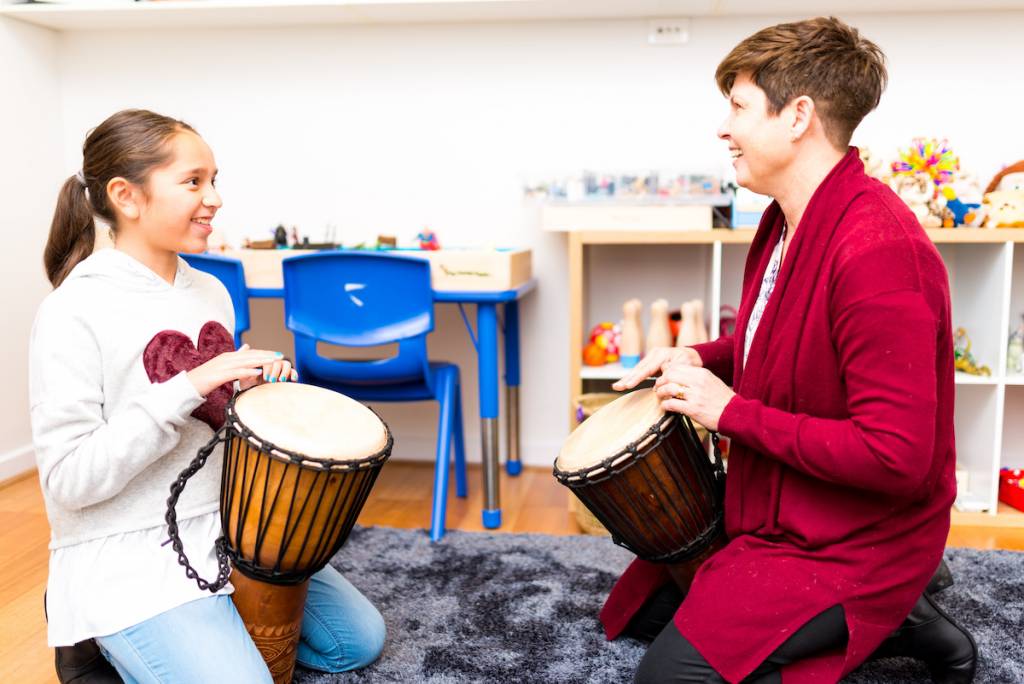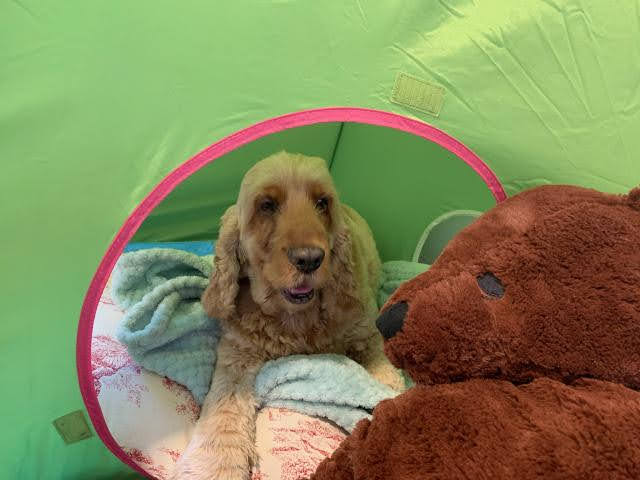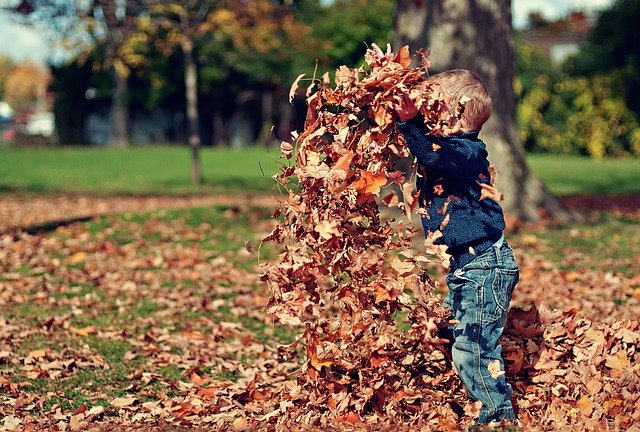Understanding the journey of development that your child goes through is an important tool for parents. It helps you know what to expect, what to look for, and gives you peace of mind when you see key milestones being reached.
More importantly, understanding the journey of childhood development means that you can act quickly when you think your child may not be developing certain skills or abilities. You can put steps in place to ensure they get the support they need.
The stages of a child’s development journey
Knowing how a child’s development journey works puts parents on the front foot to provide your children with a safe, encouraging environment, empowering you to support them fully as they grow.
Infancy
Your child’s development starts at birth. As their brain and body grows rapidly, they go through a lot of milestones in those first few months.
They go from being immobile, to rolling, sitting up themselves, crawling, climbing, and eventually walking. They get to know their caregivers, recognise faces, and learn their first words.
But there are some big developments that they go through that aren’t so obvious. Things like shying away from strangers, showing fear, and having separation anxiety, are all positive developmental milestones.
Toddlers
Toddlerhood is when children start to develop their own unique personality. They’ll take their first steps, learn to run, and improve their motor skills.
They pick up language abilities and learn how to socialise with others. Things like engaging in play, exploring on their own, expressing defiance, and recognising simple patterns.
Importantly, they’ll develop social and cognitive skills that they continue developing through to adulthood.
Early childhood
Early childhood is around ages 3-5, where your child develops their personality further.
During these years they learn how to interact more richly with other children. They learn how to make friends, how to tell the difference between real and make-believe, and they should start to use full sentences.
It’s interesting to note that at this point, their behaviour and personality isn’t set in stone. So, any development or cognitive delays can still be supported and aided.
Going to school
At this point, children are starting to gain control over their lives. They’re branching out, making friends, going to school, learning how to write, and play sports.
But it’s also a time when they eventually go through puberty—everything changes, and it’s on to the next leap into adulthood.
Development Summary
There’s far too much for us to go into in this article. But broadly understanding your child’s developmental journey will help you to better support your children as they grow.
If you’re curious, concerned, or just want to know more about your child’s developmental journey, we’re here to help.
Get in touch with us to discuss your child’s development journey, and when to seek child counselling or look at Play Therapy in South East Bayside Melbourne and/ or Yarraville.




